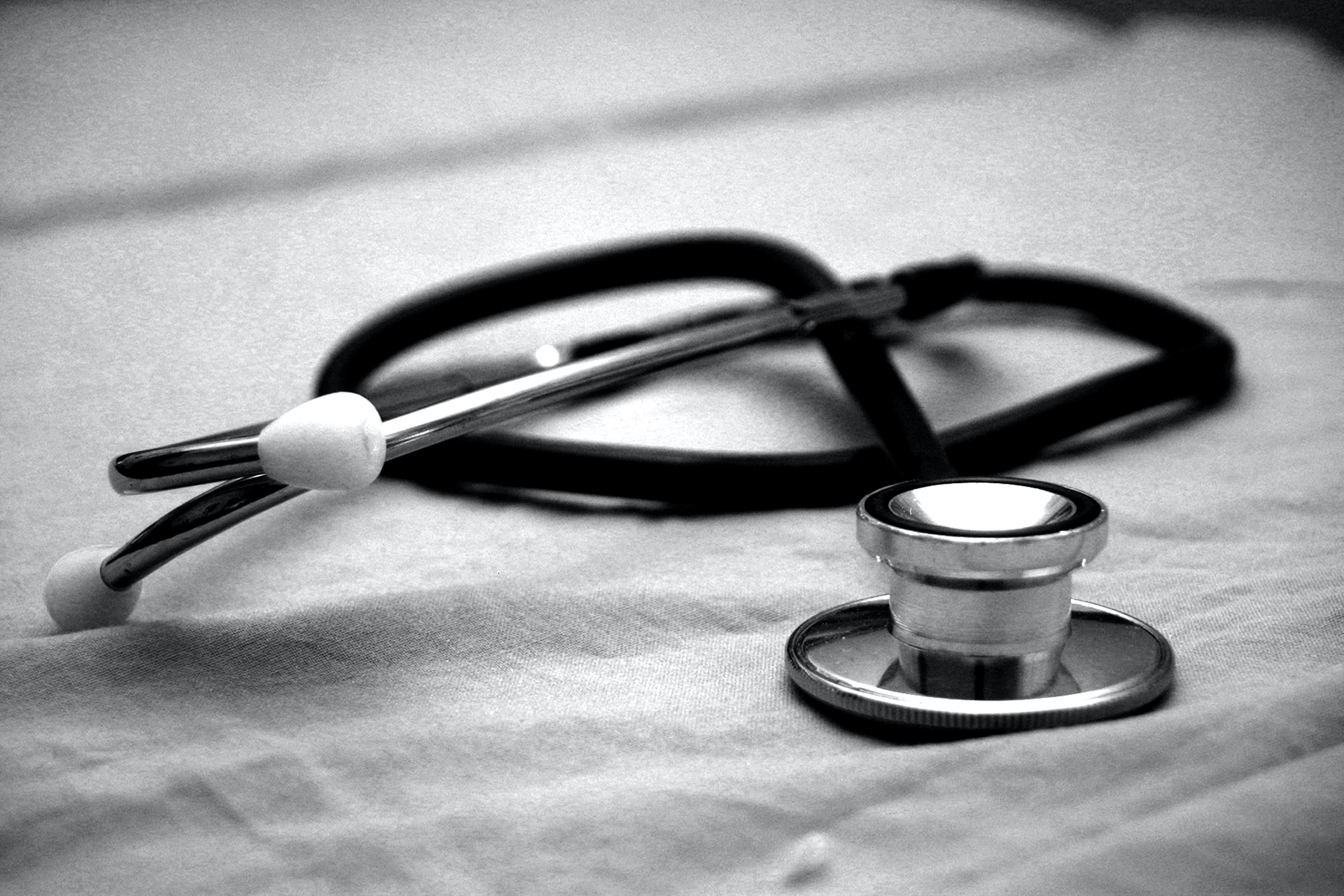Background
Isotretinoin is a very effective therapy for severe and persistent acne. It is not recommended for pilots, because of the possibility of mood changes and depression, and the association with photophobia and night blindness (nyctalopia) while on treatment. Additionally, dark adaptation may be affected permanently in some individuals. Animal models show that the effects of isotretinoin on retinal function reverse rapidly within several days after cessation of high dose treatment.
Guidelines
Medical certification (Class 1, 2 and 3) is not possible whilst taking isotretinoin.
- Initial applicants: defer initial medical until has been off treatment for 2 weeks or more, followed by a fit assessment by the aeromedical examiner (AME) – see on this page.
- Existing certificate holders: shall be made unfit until off treatment for 2 weeks or more, followed by a fit assessment by the AME – see on this page.
Fitness assessment
For those with a history of isotretinoin use, a detailed history should be taken that includes a review for impairment of night vision and mental health side effects. These effects may be enduring beyond cessation of treatment.
Night vision
Applicants should be asked the following:
In the last two weeks:
- Do you have difficulty adapting from brightly lit rooms to dark places?
- Do you suffer eye strain at sudden bright lights?
- Do you have any difficulty seeing the stars on a clear night?
- Do you have stress, anxiety or fear of driving in the evening or at night?
- Do you have difficulty seeing colours at night?
If there are any concerns about night vision, then further assessment will be necessary prior to making a certificatory decision. This should involve appropriate examination, such as electrophysiological testing and dark adaptometry, to determine whether there is any detrimental impact on night vision. If a pilot is found to have a demonstrable nyctalopia, a medical flight or simulator test may be required, depending on the degree of severity. For pilots with demonstrated nyctalopia enough to cause concerns for night flying, a VCL limitation will be required.
Mental health review
Prior to certification, a review for symptoms of low mood should be undertaken, that includes the use of a validated questionnaire such as the PHQ9/GAD7. Scores should be satisfactory (a score of 5 or less may be acceptable).

